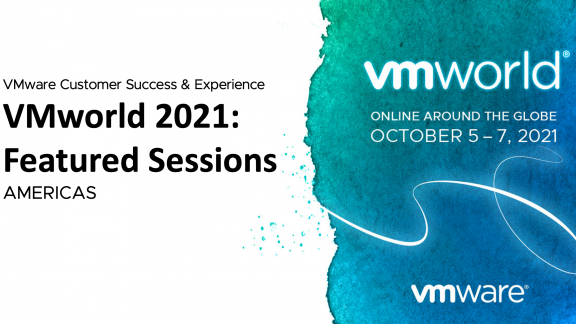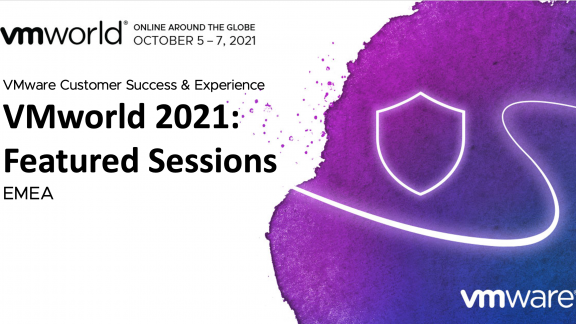 By David Day, Director, Global Curriculum, VMware
By David Day, Director, Global Curriculum, VMware
A report from late last year came across my desk recently, an analysis piece based on the Accenture 2013 Skills and Employment Trends Survey: Perspectives on Training. Its topic will be all too familiar to most IT hiring managers — the skills gap — but it points to a few bright spots and advice I thought were worth sharing.
First, we have to admit there are some dark clouds on the horizon. Of the 400 executives surveyed, 46 percent say they “do not have the skills they need to compete effectively in the coming year.” Sixty-nine percent believe “a lack of critical skills will result in increased operating costs” and two-thirds “anticipate a loss of business to competition.”
Of course, the silver lining for IT professionals is that few executives are planning to cut their workforce anytime soon; 62 percent expect their full-time headcount to stay the same and 31 percent expect it to grow. And, in case you needed to hear it again, IT is still in the greatest demand (44 percent) and engineering is close behind (36 percent).
There’s a bit of nuance in there, though, that I found interesting. While many executives said they had the hard skills they needed across their workforce, they lacked the right combination of skills in any one worker. In other words, jobs are getting more complex and requiring a wider range of expertise. Furthermore, according to one respondent “it’s often the soft skills—like an entrepreneurial mindset or the ability to drive change—that are missing.”
Jobs are getting more complex and requiring a wider range of expertise.
This fits with the paper’s recommendation for hiring approaches, something I was quite surprised by: “It’s no longer helpful to screen candidates based only on key words in their résumés.” Too often, the findings suggest, these popular searches actually pass up top talent. Instead, hiring managers are encouraged to focus on “developable fit,” described as “good general skills as well as an ability to learn” as well as an interest in ongoing training.
Of course this made me think of certifications. There are few better ways to show a manager that you have and “ability to learn” and an interest in ongoing training than to take the initiative to train yourself through the certification process. And as for being “entrepreneurial,” we’ve written before that certifications, as one CIO explains, show a person is “a self-starter,” “professionally minded” and “follows through on planned activities.”
The biggest bright spot on the horizon, according to the Accenture report, is that executives are more committed than ever to training their current workforce, recognizing that they have not invested enough in training in the past. To get the most out of their commitment to training, the report provides two recommendations that I agree with 100 percent:
- Find the right blend of classroom-, digital-, and experience-based training
- Use innovative new learning channels and techniques
Whether you prefer formal or informal learning, VMware education offers a wide range of classroom and digital options. Beyond that there is our extended educational community, including VMUGs, VMware Press, webcasts, forums, short instructional videos and more—every kind of learning resource for every kind of learner.
David




